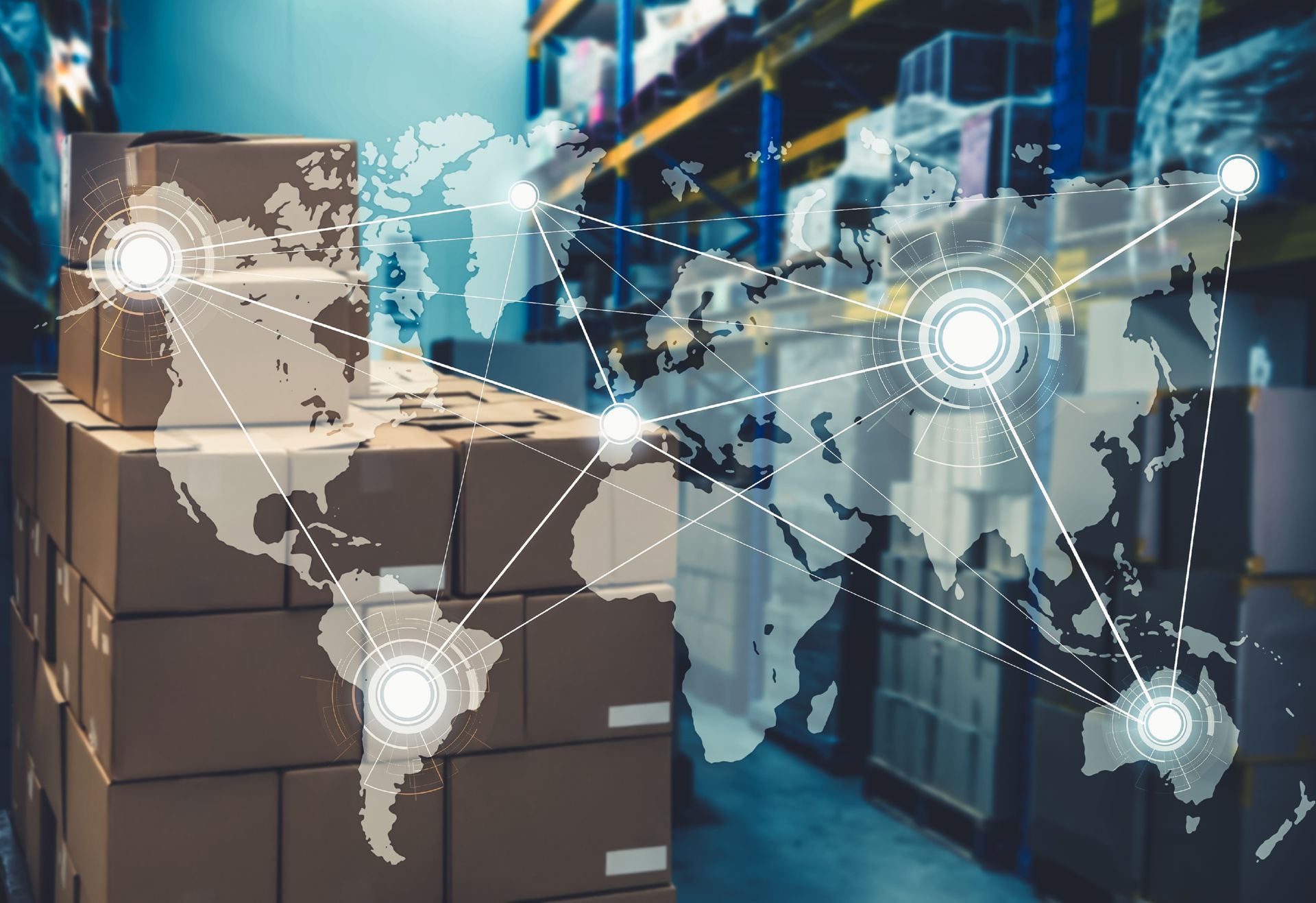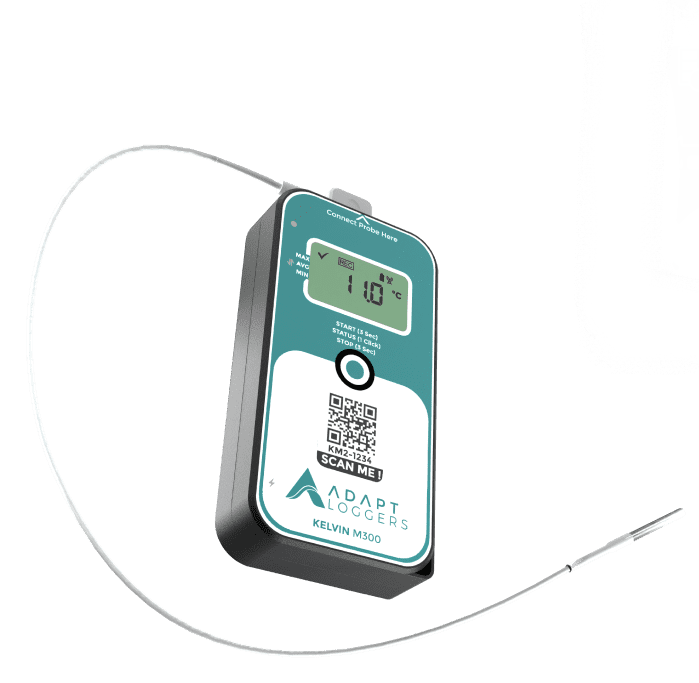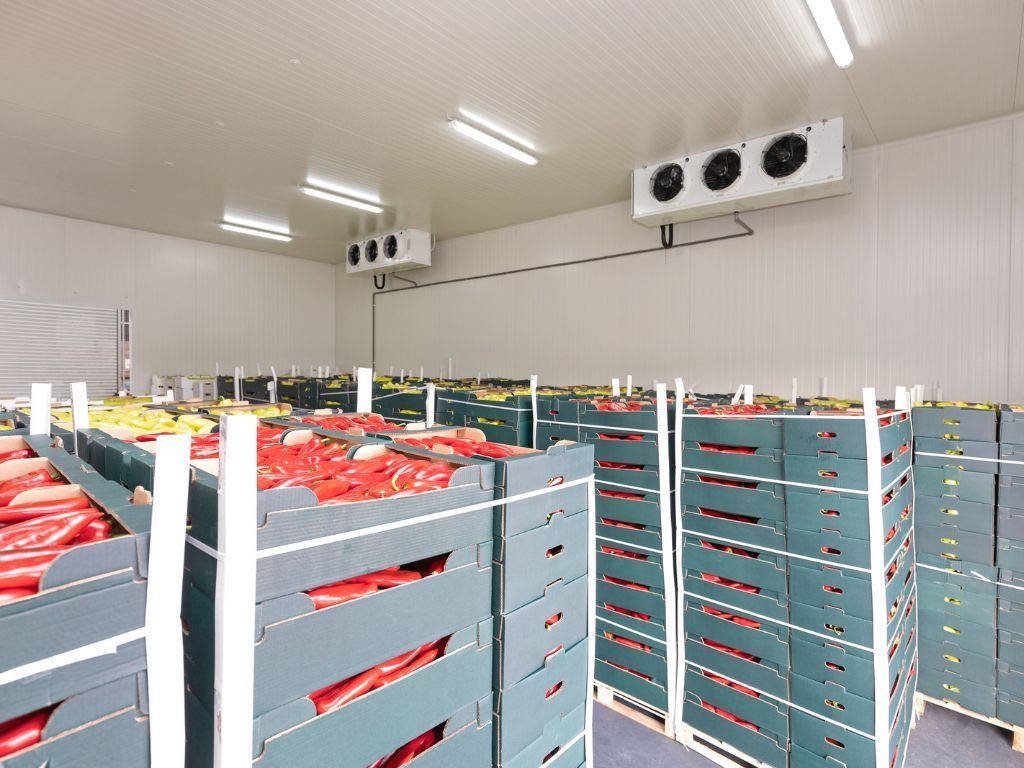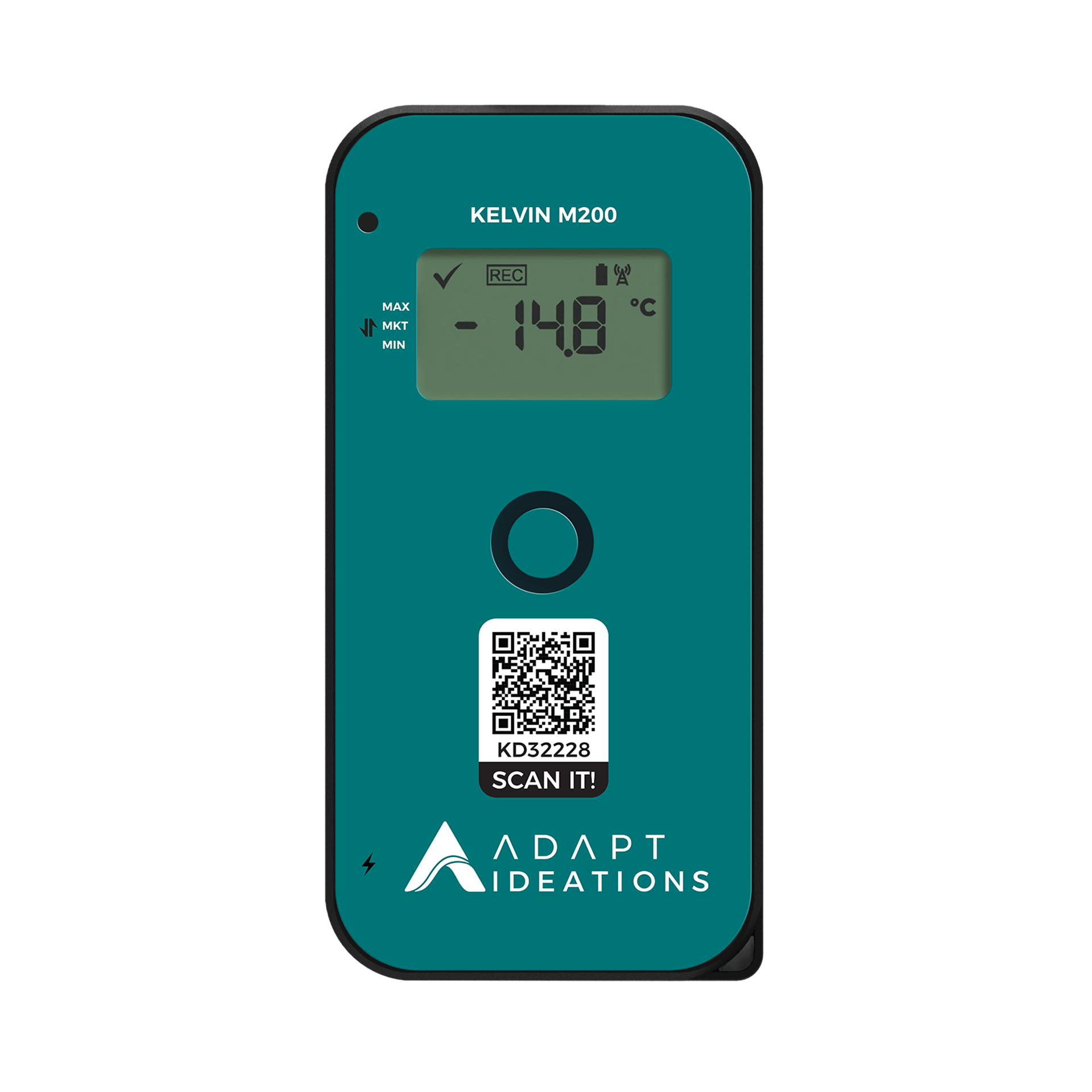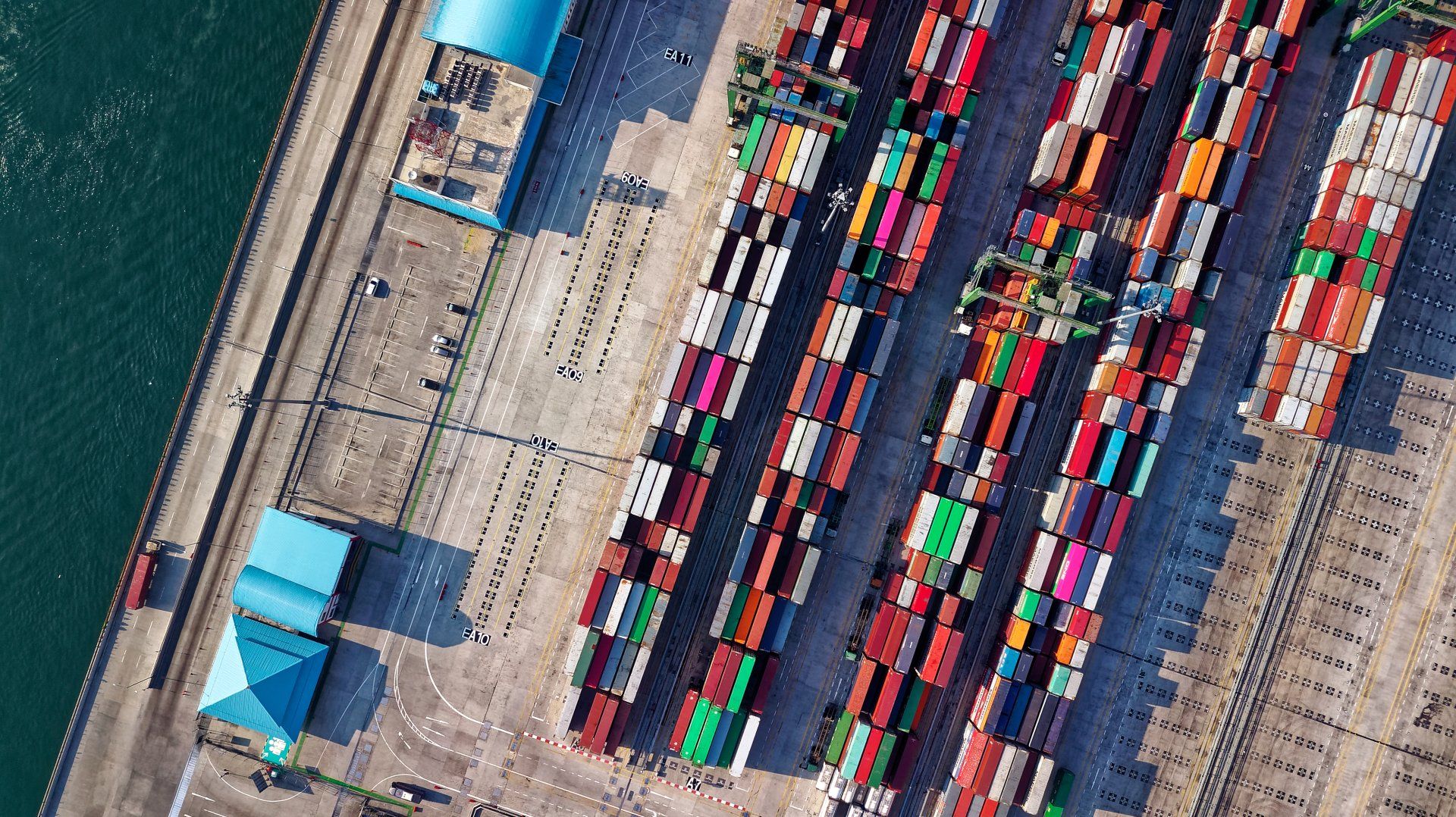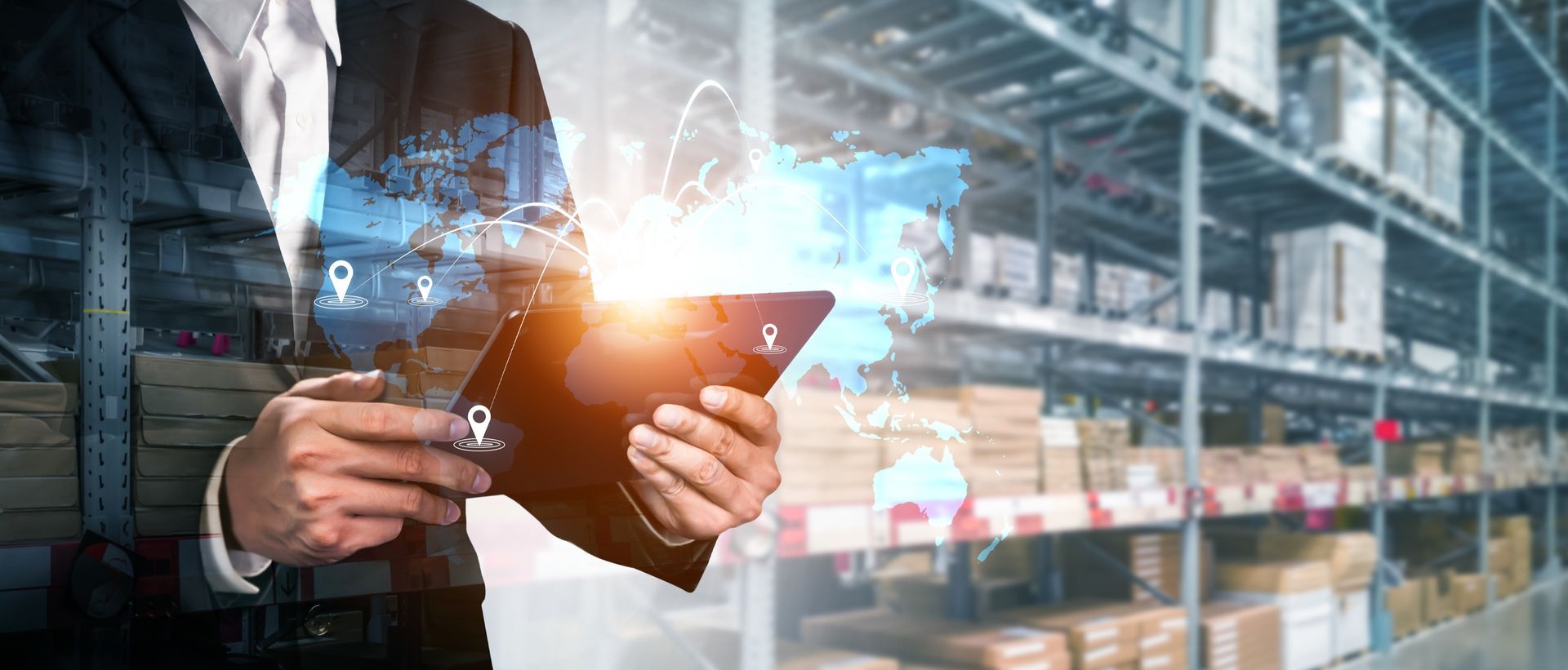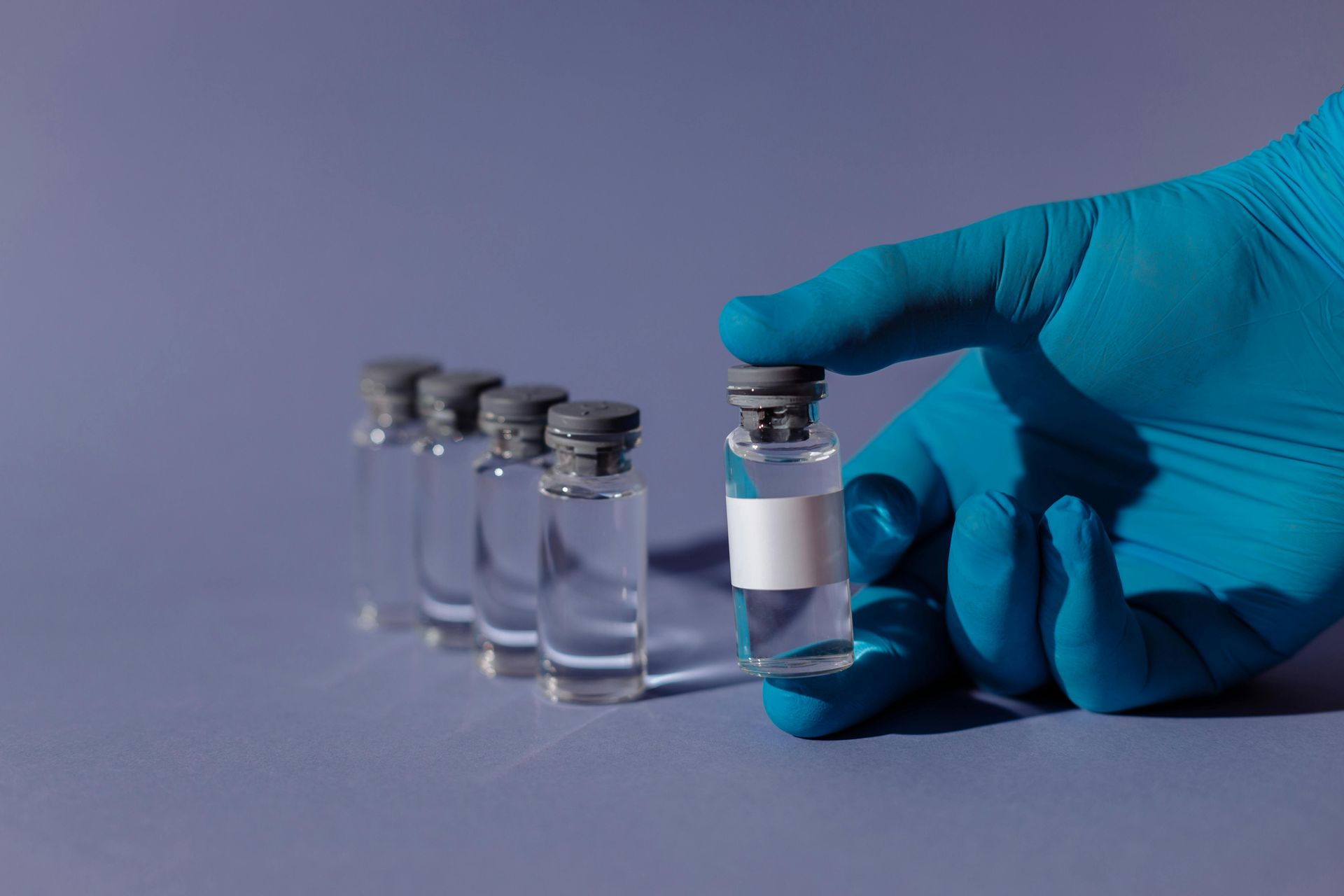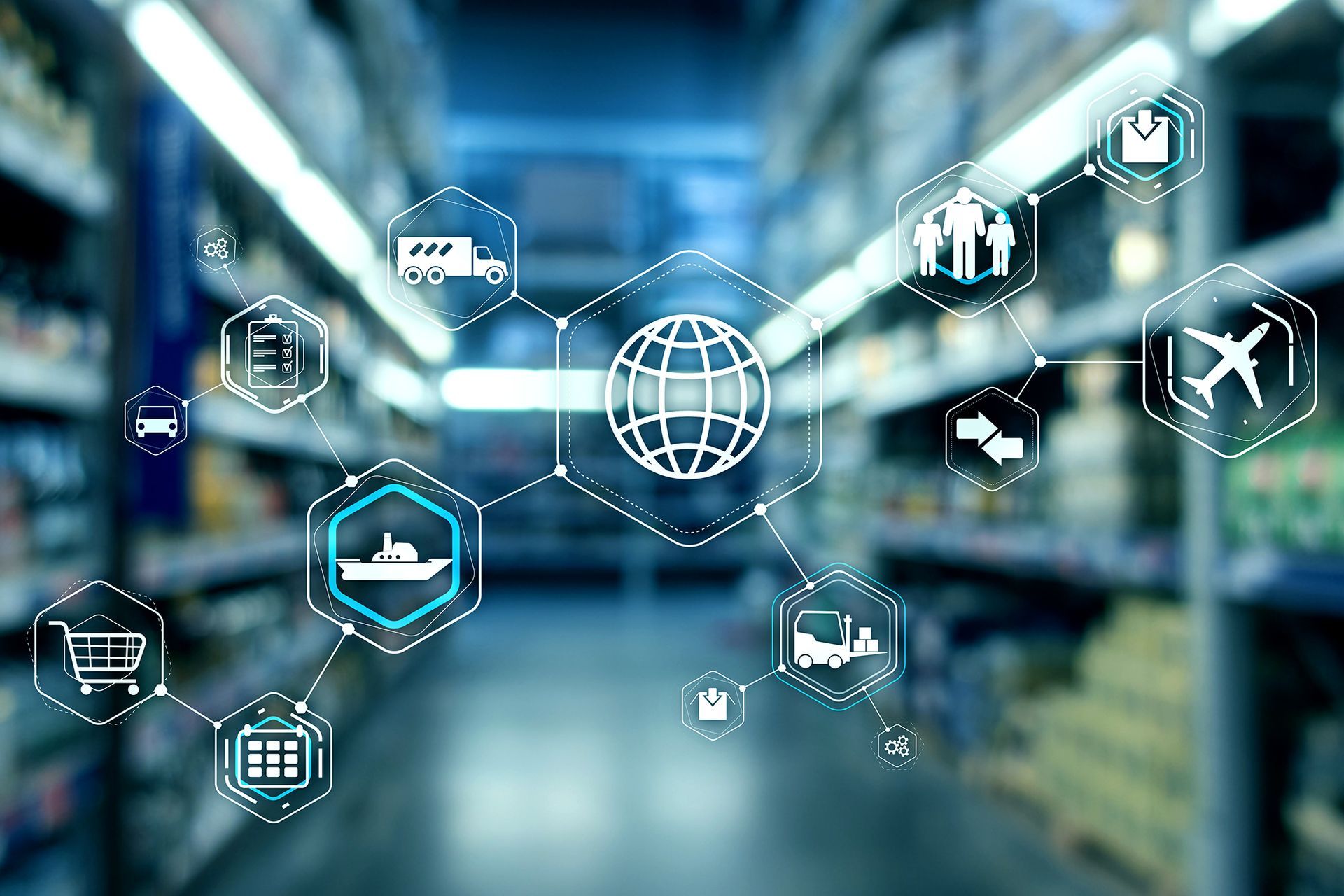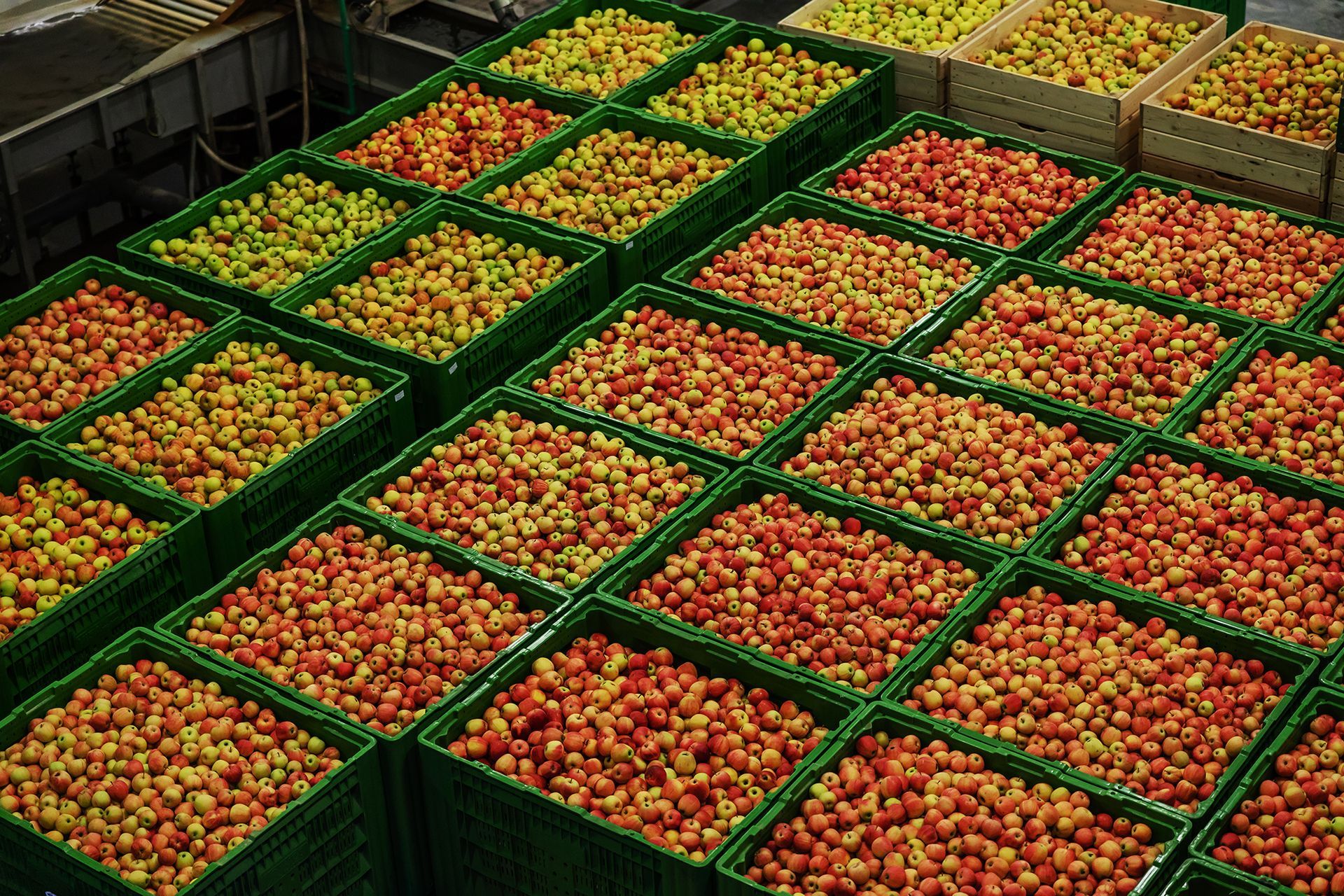Unlock The Benefits Of Temperature Data Loggers In The Logistics Industry
Temperature Data Loggers
When it comes to the availability of your favourite product at your nearest store, you would want it to be present every time you want it. Getting your favourite fruit requires a lot of planning and resources. It is only feasible with the hard labor of many individuals working in the background.
All this is the result of effective supply chain management processes that functions well. This process entails a number of steps, and one of those elements is logistics, which has led to the emergence of a separate industry.
That’s why if the person who is involved in the logistics part faces many challenges in conducting his work perfectly, then that would affect the whole supply chain. So, there is always a need to provide new technology that could help them maintain the quality and quantity of the product.
Consequently, a device known as a temperature data logger is used to support technological advancement. This further aids in perfecting one sector in the extensive supply chain management process. The question you must have is why do you need this temperature data logger device? Here is the answer.
In this article, we cover the following topics:
- Why Are Temperature Data Loggers Needed?
- What Is A Temperature Data Logger?
- 9 Best Ways Temperature Data Loggers Can Help The Logistics Industry
- 24/7 Data Recording & Real-Time Monitoring
- Instant Notifications & Alerts
- Accurate & Reliable Data
- Improving Efficiency
- A Cost-Effective Solution
- Automated Alarms In Case Of Malfunction
- Reduce Wastage By Minimising The Risk Of Spoilage
- Streamlining Temperature Monitoring Processes
Why Are Temperature Data Loggers Needed?
Supply chain management is what large companies must focus on as this will help them to perfect and expand their operations. So, with this temperature monitoring solution, you can save your products from going to waste, saving unnecessary expenditure associated with loss of product allowing your favourite products such as blueberries and date palms to be available at your nearest store.
Now let’s take an example to explain it better. We talked about blueberries and date palms earlier. So, you might be asking how, if you’re in a city in India, a fruit product that doesn’t grow widely in this region of the world is nevertheless available in the shops closest to you. That’s possible due to globalisation, which has made it viable to import this product without it being damaged in any way from other countries across the globe.
Global supply networks are therefore responsible for delivering these products at the ideal moment logistics firms and other businesses place orders, working 24/7. With a temperature data logger in use, the work of reefer truck drivers and supply chain personnel, processes can be made simple. Our goal with this blog is to help you understand how a data logger device can simplify the work for these logistics companies to the fullest.
So, What Is A Temperature Data Logger?
Temperature Data Loggers are a portable temperature monitoring solution that monitors and records the temperature and humidity of a particular surrounding. Almost every single perishable object we are surrounded by requires these two essential components.
This new-age technology can help users to track and record all the critical data of their assets while it’s on the move. It allows data to be continuously sent out to stakeholders about whether violations have occurred enabling users to understand if products remain compliant.
Further, it enables the stakeholders within the supply chain to determine whether the goods they are transporting are secure or if there are any indications of deterioration, allowing them to take the necessary safeguards at that precise moment. This is therefore invaluable allowing a greater understanding of vital conditions of perishable goods such as fruits, vegetables, vaccines, and many other products that require a temperature-controlled environment to survive.
9 Best Ways
Temperature Data Loggers Can Help The Logistics Industry.
Moving on in this blog, we’ll explain the advantages you can gain if you work in the logistics sector by implementing temperature data loggers.
1. 24/7 Data Recording & Real-Time Monitoring
Getting real-time visibility into the many aspects of your supply chain is one of the key benefits of using temperature data loggers. The fact that this device continuously records and tracks vital information about your goods is the sole reason it is possible. Periodically, in the event of any emergency, it will issue prompt alerts when the pre-determined temperature levels abruptly falls or rises. This enables logistics companies to act quickly to stop any product damage.
Another element that needs to be watched in the logistics sector is humidity. While humidity that is too low might result in dryness and brittle packaging, when humidity becomes too high this can damage objects. All the above have the potential to result in significant damage to products. Relative humidity (RH) can be measured by temperature data loggers, which provides real-time data so you can maintain products in surroundings with the right humidity levels. By doing this, you can make sure your goods arrive at their destination in the correct condition and are safe to consume.
For example, when perishable goods are being transported in a refrigerated truck if the temperature data logger detects that the temperature has increased above the permitted thresholds, it can notify the supply chain stakeholders allowing necessary action to take place.
2. Instant Notifications & Alerts
Receive instant notifications when lapses occur and be sure that your shipments are being managed properly – all with the help of temperature data loggers. Keep track of multiple orders at once or pinpoint anomalies quickly with real-time tracking.
In addition to real-time monitoring and alerting, some temperature data loggers like our KELVIN product range has location tracking capability, allowing logistics companies to track the location of shipments in real-time. This is especially useful for shipments that need to be delivered within a certain time frame, as the data can allow logistics companies to understand where inefficiencies are occurring and ensure timely delivery. Logistics companies can also utilise geofencing capabilities which notifies stakeholders when assets have entered or left the geofence set.
3. Accurate & Reliable Data
Temperature data loggers provide accurate and reliable data, which is crucial for logistics companies to make informed decisions. These devices use sensors that are calibrated to measure temperature accurately, and the data is stored on a cloud-based platform, which can be easily accessed and analysed. Manual temperature monitoring, in contrast, relies on human observation, which can be subject to human error and inconsistent results.
4. Compliance With Regulations
Logistics companies can comply with regulations relating to temperature monitoring and documentation with the aid of temperature data loggers. The World Health Organization (WHO), the United Nations (UN), and the Central Drugs Standard Control Organization (CDSCO) all have stringent standards that mandate that the temperature of shipments need to be tracked and recorded. These regulations apply to a variety of businesses, including food and pharmaceuticals. Logistics businesses can easily comply with these set regulations and ensure complete compliance from their end.
Additionally, many temperature data logger providers have the ability to produce reports via a secured platform which can be used as proof in disputes or legal matters. For instance, the logistics operator can utilise the temperature data from the data logger to demonstrate that a shipment of perishable items was transported within permissible temperature ranges if it reaches its destination unviable for use or consumption.
5. Improving Efficiency
Temperature data loggers can also help logistics companies to improve efficiency by identifying bottlenecks and inefficiencies in the supply chain. By tracking temperature readings at various locations and intervals, data loggers can provide valuable insights into the performance of different storage and transportation methods.
Temperature monitoring is essential in logistics operations as it directly affects the quality of some products. You can set temperature ranges and receive instant alerts when these settings are not adhered to or are breached. Investing in temperature data loggers allows you to track temperature with precision, making sure that product temperatures remain within specified limits throughout its journey. This improves product quality and minimises wastage.
For example, data loggers may reveal that certain products are consistently exposed to temperature fluctuations during transportation, leading to increased spoilage or damage. By identifying these issues, logistics companies can implement solutions to improve the temperature control of these products and reduce waste.
6. A Cost-Effective Solution
Temperature data loggers are a cost-effective solution for logistics companies, as they can help to reduce losses due to temperature-related breaches. By continuously monitoring and alerting when the temperature exceeds the pre-determined limits, data loggers can prevent costly damages to goods.
7. Automated Alarms In Case Of Malfunction
Temperature data loggers are equipped to alert users when temperature thresholds exceed or fall below predetermined levels. This prevents any malfunction in the supply chain system, especially during transit. The alerts will immediately notify responsible personnel when there is a sudden increase or decrease, allowing quick decisions and corrective action to be taken before any damage occurs.
8. Reduce Wastage By Minimising The Risk Of Spoilage
Temperature monitoring with data loggers can help you extend the shelf life of your products and reduce wastage over time. With data loggers, companies are now able to understand where their products are and react quickly if a climate-sensitive product has been out too long or stored at an improper temperature. This can save unnecessary expenditure by reducing returns and waste while ensuring greater customer satisfaction.
9. Streamlining Temperature Monitoring Processes
Temperature data loggers help streamline temperature monitoring processes, as they can continuously monitor and record the temperature without any human intervention. This allows logistics companies to focus on other aspects of operations, such as handling and transportation, without worrying about temperature monitoring.
To Sum Up
After discussing the benefits of utilising temperature data loggers in the logistics industry you might be wondering how you’d be able to decide which temperature monitoring solution would be best for your cold chain logistics operations.
At Adapt Ideations we can help streamline your cold chain logistics processes for temperature-sensitive goods through innovative asset tracking and monitoring solutions. View our range of solutions for more information.
Temperature Data Loggers Frequently Asked Questions
Enquire to find out more about our innovative solutions and how they can be utilised at enquiries@adaptideations.com
Share Our Post.
Awards & Recognition
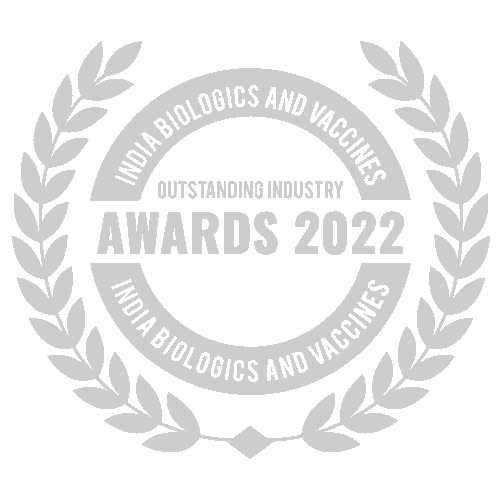
Best Temperature Monitoring Solution Provider
Awarded by India Biologics & Vaccines Outstanding Industry Awards 2022

Adapt Ideations Recognised As A Supply Chain Leader
by Alcott Global on Supplify's Supply Chain Tech Map 2.0
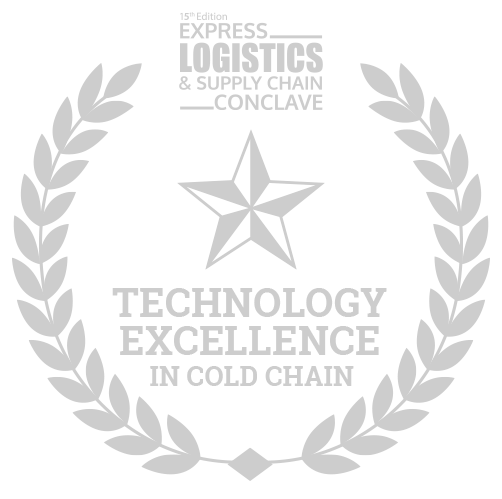
Related Articles.

